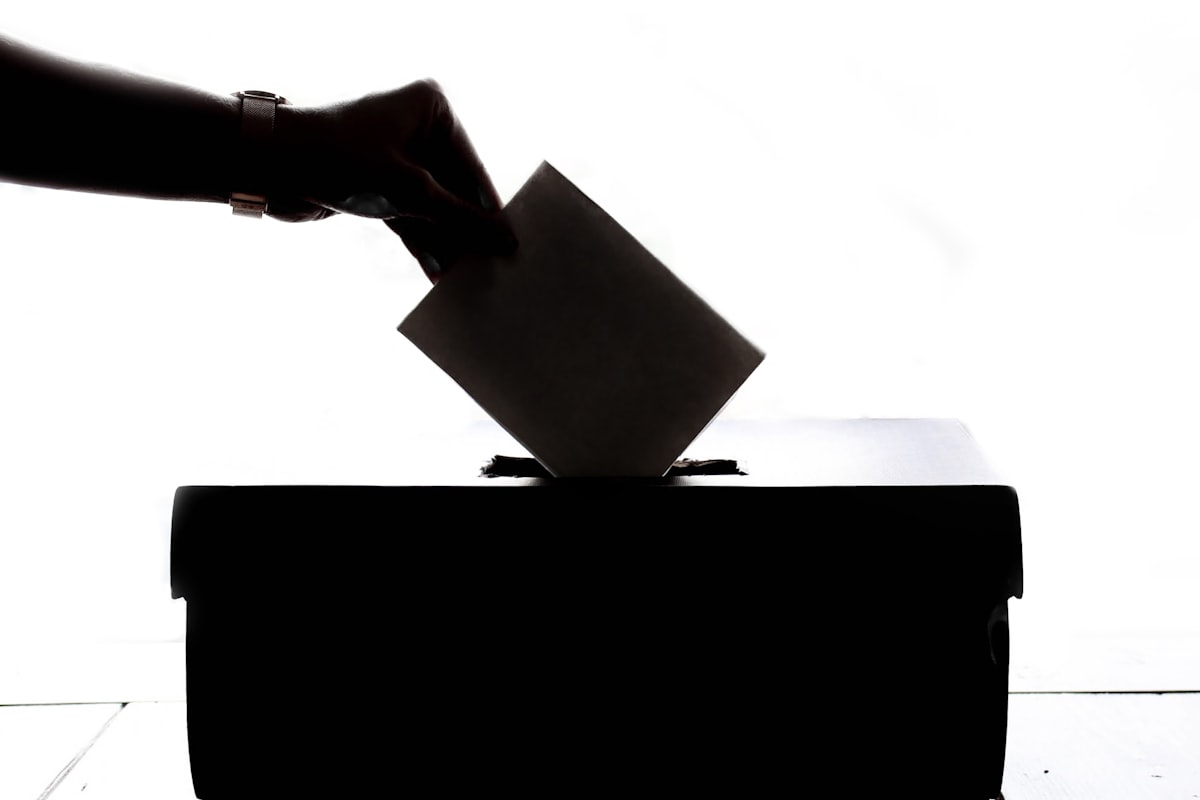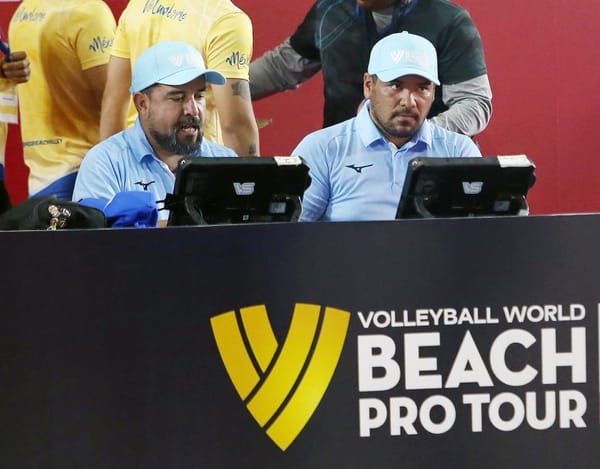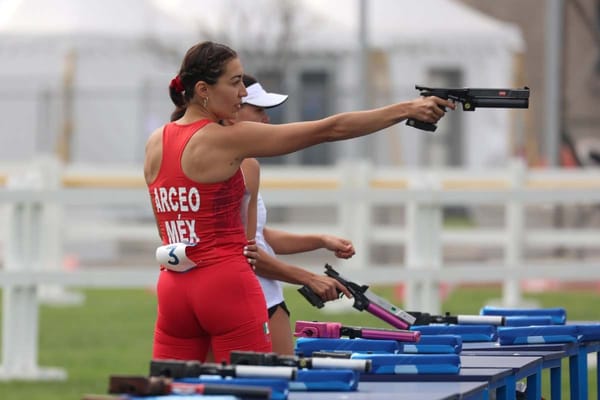Election in Nicaragua, legitimate and constitutional
In the recent Nicaraguan election, 65 percent of the electorate participated. There are no opposition political parties with social bases and a national project; they focus on media competition.

Although regionally and globally it is considered an irregular process, the presidential election in Nicaragua is legitimate and constitutional; its controversies are due to a media and diplomatic campaign directed specifically for its political and ideological orientation, considered Latin Americanist researchers from UNAM.
During the distance media conference, "What's next for Nicaragua?", Nayar López Castellanos, from the Center for Latin American Studies of the Faculty of Political and Social Sciences, explained: one of the elements of criticism of the electoral process of November 7 is the reelection of President Daniel Ortega.
"However, this mechanism is constitutionally endorsed and it is not the only country in the world that considers it, for example, Angela Merkel, in Germany; Vladimir Putin, in Russia, were and have been reelected. At no time in Europe do they talk about dictators, but when it comes to Latin America, they do suggest that dye," he said.
Meanwhile, the specialist of the Research Center on Latin America and the Caribbean of the National University (CIALC), Adalberto Santana Hernández, expressed that this strategy of the US government is also against the countries that share its ideology (Cuba, Venezuela, and Bolivia).
Now we observe it with instruments of interventionism, such as the Organization of American States where a resolution was approved which considers that "the elections did not have democratic legitimacy". Adalberto Santana maintained that Nicaragua continues as a democracy because on the recent election day the participation was ample with 65 percent of the electoral roll.
"There were 4.3 million people who exercised their vote, and of this figure, there were a little more than three million votes; that is to say, 75 percent, who voted in favor of the Sandinista organization", he explained. He added that six other political organizations intervened, and the second with the highest preference was the Constitutionalist Liberal Party, with 14 percent of the total vote.
Some of the reasons why Daniel Ortega was ahead of his opponents, Nayar López Castellanos added, was that the political opposition is a group of leaders who have a more mediatic than structured connotation. "There are no large opposition political parties, they have no social bases; furthermore, they lack a project of the nation".
In addition to the above, he continued, Ortega heads a set of social policies with roots since 2006 when he began his first term corresponding to this second period. "Among these policies are projects such as Zero Hunger, and stimuli for medium-sized businesses, in addition to his support for education, health and farmworkers, which explains the support that this leader has, which is why we must formulate the most objective assessment possible of his government," he argued.
Adalberto Santana added that Nicaragua has stable economic and social activities, which can be shown with indicators, such as cotton production, exported to the United States. In terms of migration, he emphasized that there is little presence of Nicaraguans in the caravans because in most cases they go to Costa Rica.
Santana Hernandez estimated that the interest of Joe Biden's government to discredit his Nicaraguan counterpart may be due to the construction of an inter-oceanic canal in the Central American isthmus. However, for Nayar López, it is about discrediting the political and ideological orientation of that nation and its allies. Nicaraguans must resolve their vicissitudes with the international community as "coadjutant".




